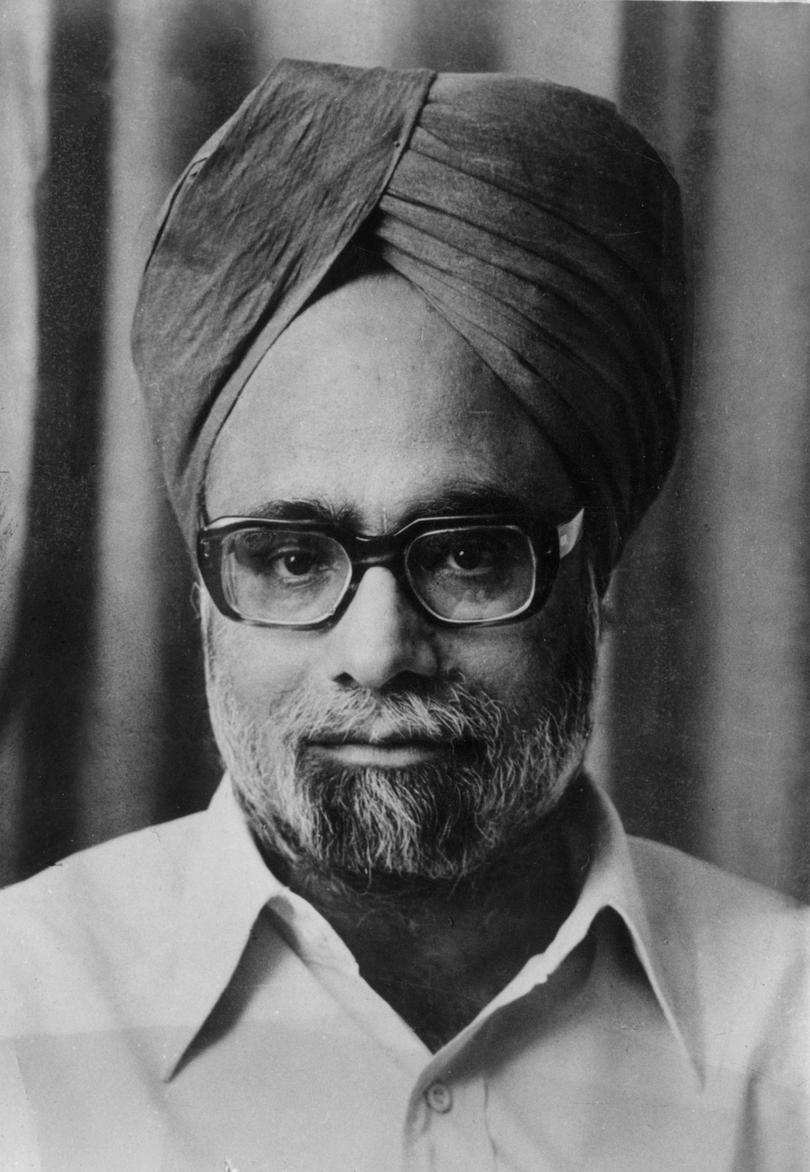Manmohan Singh the 13th Prime Minister of India Dead at 92
Manmohan Singh, who served as the 13th Prime Minister of India from 2004 to 2014, passed away on December 26, 2024, at the age of 92. He was a prominent Indian politician, economist, and academic, recognized for his significant contributions to India’s economic reforms and governance.
Early Life and Education
Born on September 26, 1932, in Gah, Punjab (now in Pakistan), Singh’s family migrated to India during the partition in 1947. He excelled academically, earning a bachelor’s degree and a master’s degree in economics from Panjab University. He further pursued his studies at the University of Cambridge, where he completed his Tripos in Economics, and later obtained a D.Phil. from Nuffield College, Oxford.
.Career Highlights
Economic Reforms
Singh’s career in public service began in the early 1970s as an economic advisor in the Ministry of Commerce. He gained prominence as India’s Finance Minister from 1991 to 1996, where he played a crucial role in liberalizing India’s economy. His policies included reducing government control over the economy, promoting foreign investment, and implementing tax reforms. These measures were pivotal in transforming India into one of the world’s fastest-growing economies
Prime Ministership
In 2004, Singh became Prime Minister after the Congress Party led the United Progressive Alliance (UPA) to victory in the general elections. His tenure is noted for several key achievements:
- Economic Growth: Under his leadership, India experienced significant economic growth, with GDP growth rates peaking at over 10% during his second term.
- Social Welfare Initiatives: Singh’s government launched several social programs aimed at poverty alleviation and improving living standards, including the Mahatma Gandhi National Rural Employment Guarantee Act (MGNREGA) and the Right to Information Act.
- India-US Civil Nuclear Agreement: A landmark achievement was the civil nuclear agreement with the United States, which enhanced India’s energy security and international standing.
Singh is also notable for being the first Sikh Prime Minister of India and for being re-elected after completing a full term—an achievement not seen since Jawaharlal Nehru
Legacy
Despite facing challenges such as corruption allegations during his second term and political opposition, Singh is remembered for his integrity and commitment to economic reform. His tenure laid the groundwork for India’s emergence as a significant global economic player. Singh received numerous accolades throughout his career, including India’s second-highest civilian honor, the Padma Vibhushan
.His passing marks the end of an era for Indian politics, as he leaves behind a legacy characterized by both economic transformation and social progress.


